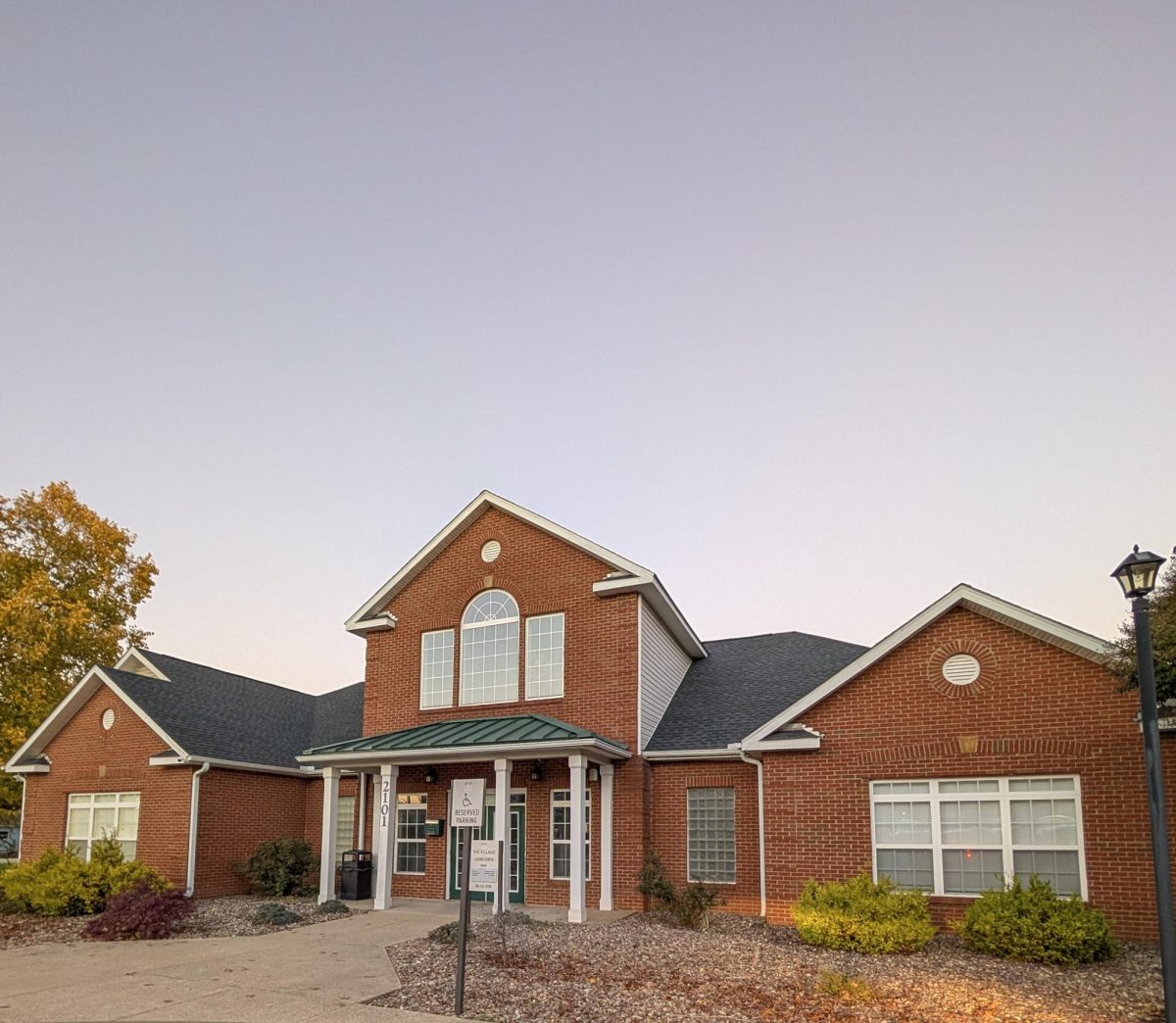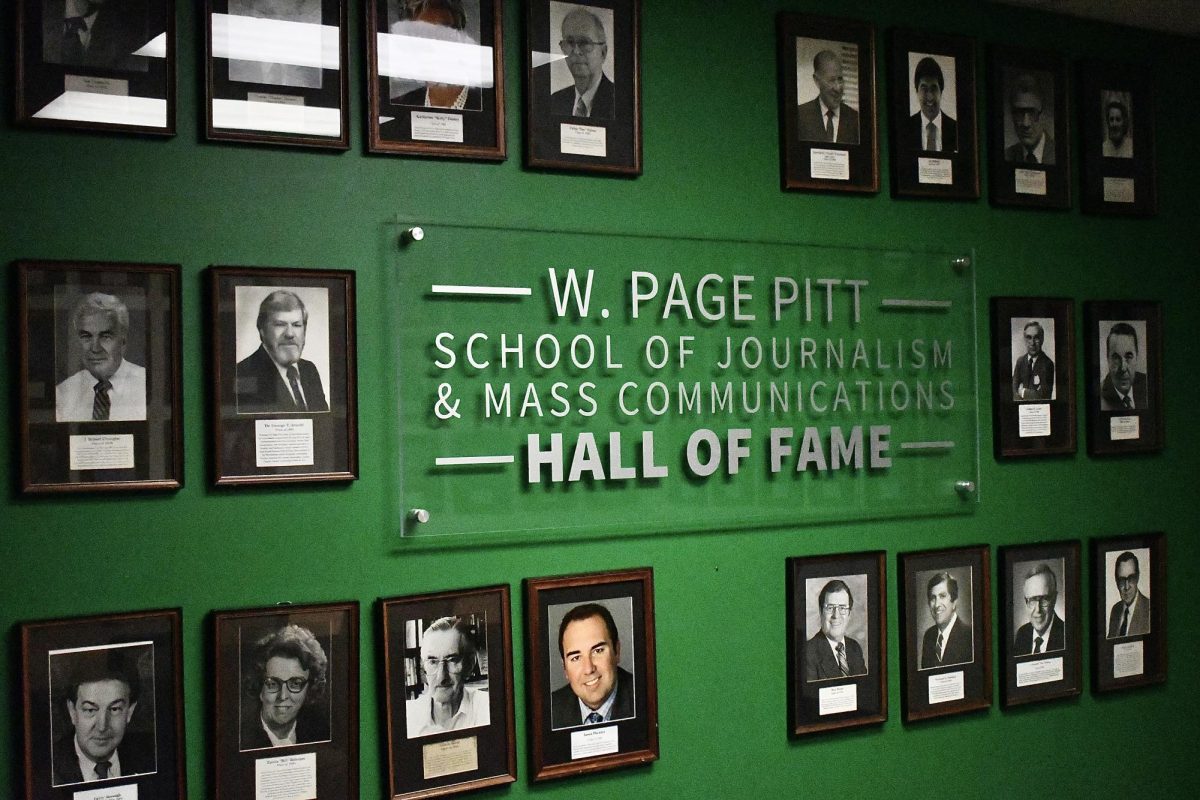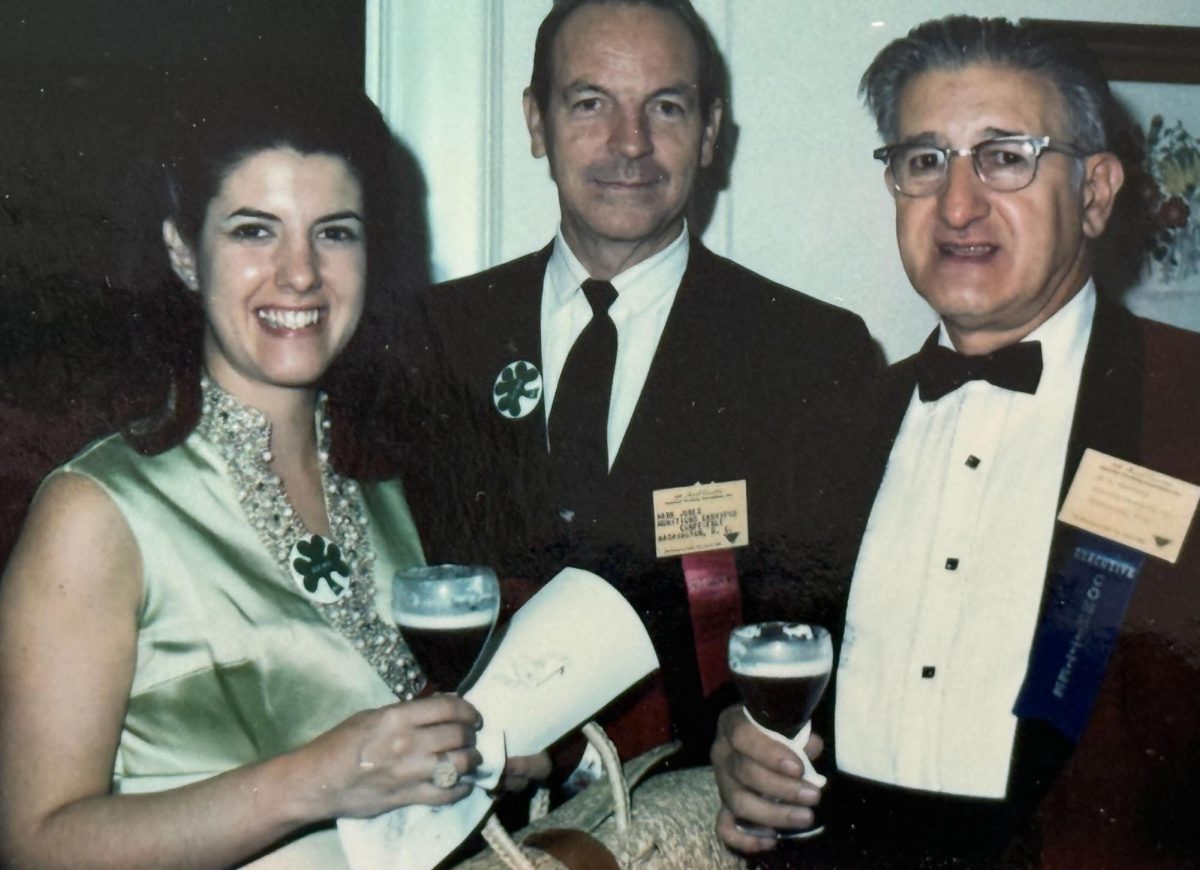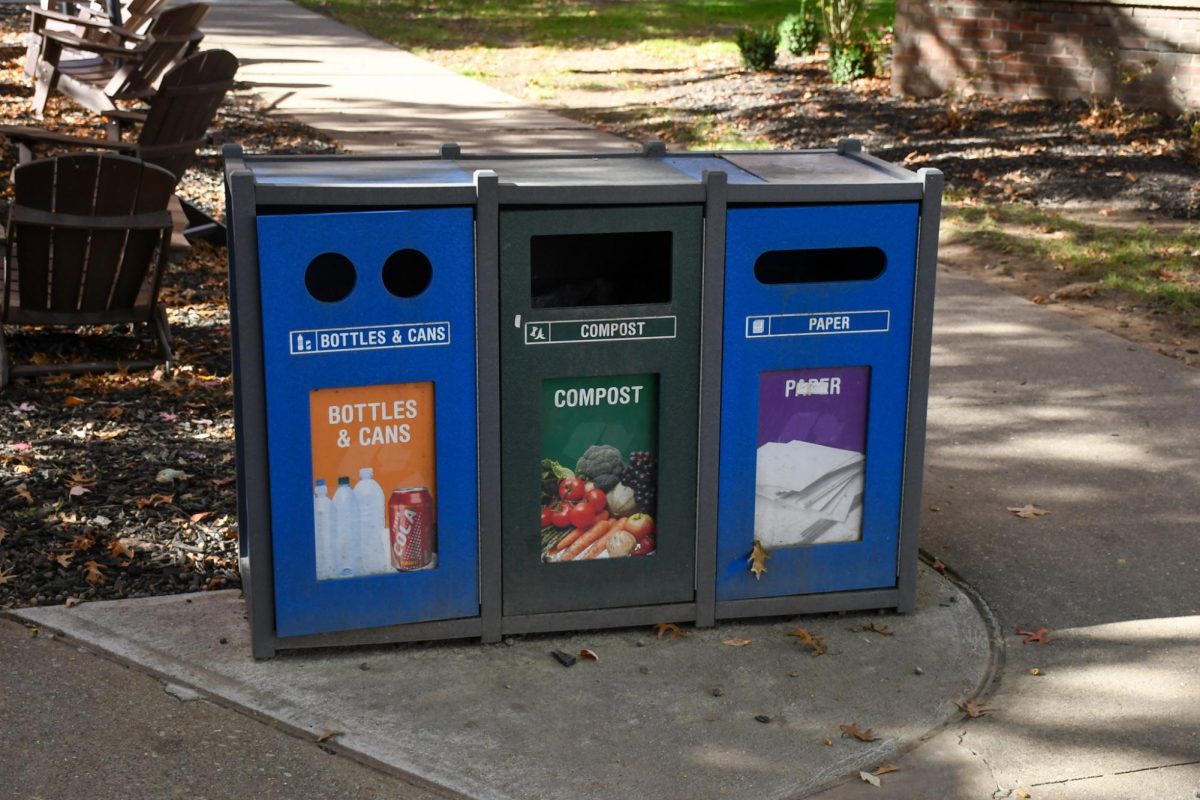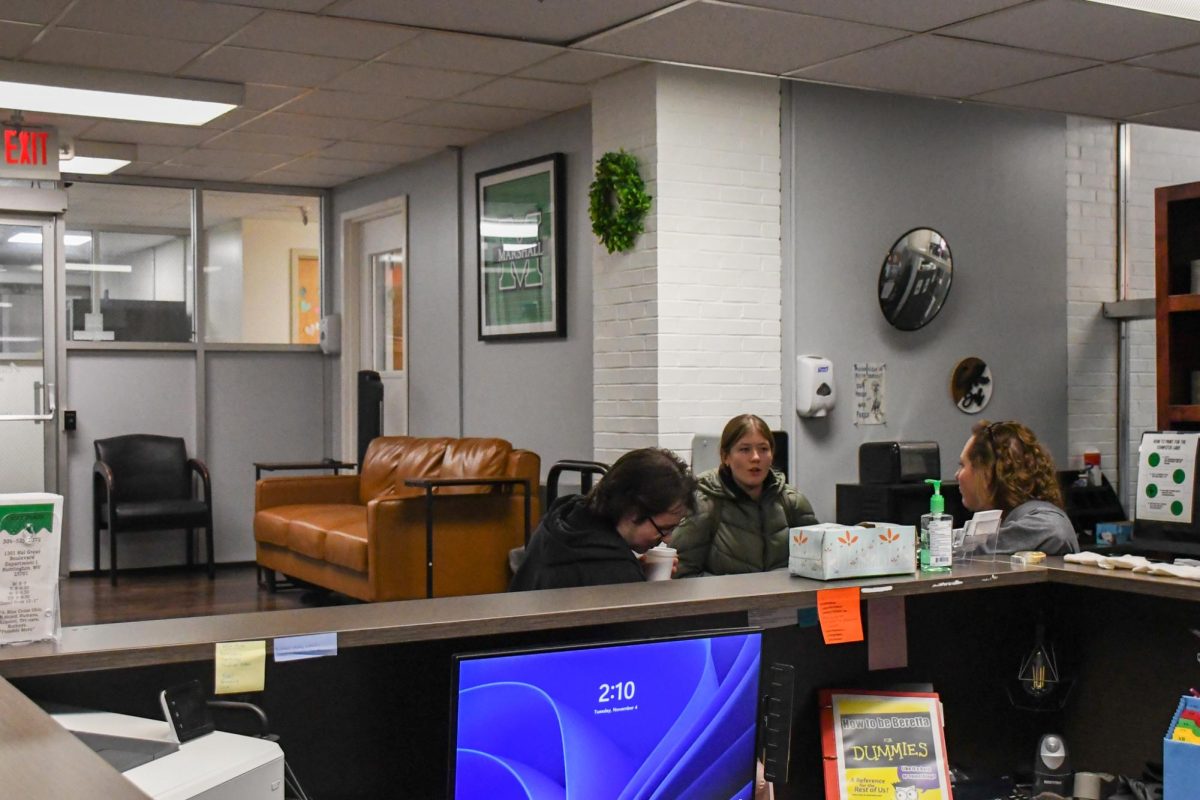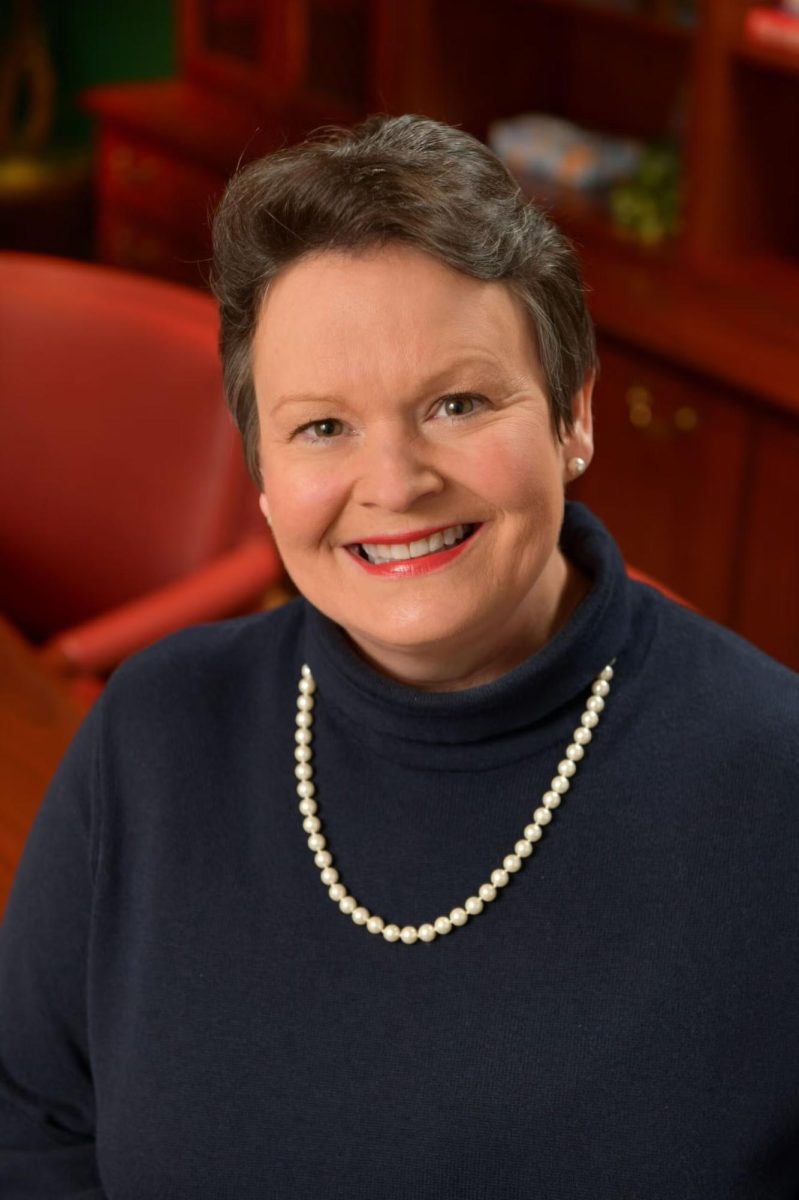Nine countries, more than 10 universities and numerous full-time or visiting faculty positions – Provost Avi Mukherjee’s career has taken him all over the world, yet he said Marshall University is unlike any place he’s ever seen.
“There is no place like Marshall, and there is no doubt about that,” Mukherjee said.
“Because of the adversities, we are so closely connected, and I will always say that separates us from every other university,” he said. “It’s our alumni, it’s our culture, it’s our family spirit and it’s that feeling that we all are in it together.”
After eight years of service at Marshall, Mukherjee has accepted the position of provost and executive vice president at Georgia Southern University and will be leaving the university as of July 1, University President Brad Smith announced in an email sent to faculty and students on April 1.
Although he looks forward to the next phase of his career, Mukherjee said his time at Marshall will have a lasting impact on his career and personal life.
“Even after I move to my next place – and I’ve spent eight years here, I will never leave Huntington or Marshall. This is going to be home, always my home.”
“Once you are a part of Marshall, you are forever a part of the Herd,” Mukherjee said.
Mukherjee’s journey at the university began in 2017 when he was appointed as the dean of the Lewis College of Business. In 2021, he served as the interim provost and senior vice president for Academic Affairs and was confirmed as the permanent provost in 2022.
In his eight-year tenure, the dean-turned-provost has spearheaded and overseen a number of projects and initiatives, such as the creation of the iCenter, the development of the Doctor of Business Administration program and the overall growth of student success rates.
Since 2022, the university has seen a reversal in its enrollment decline, with a 12% growth in total headcount, 21% growth in new students and an 8% growth in first-year retention, Mukherjee said. More transfer, metro and international students have joined the university, as well.
Of all his accomplishments, though, Mukherjee said there is none he is more proud of than giving the College of Business a new home, thanks to his collaboration with Brad and Alys Smith during his deanship.
“That was something that doesn’t happen in many deans’ lifetimes, and I was just at the right place at the right time to have that experience,” he said. “That is the thing I will never forget – it was that moment when Brad said, ‘Let’s do it.’”
The erection of the Brad D. Smith School of Business was only the beginning of Mukherjee’s partnership with Smith, as he would soon move on to serve as Smith’s second-in-command.
As the provost, Mukherjee said a typical day on the job involves one-on-one meetings with all 25 representatives who directly report to him, including the deans of the 12 colleges, Academic Affairs, Student Affairs and university research, to name a few.
About twice a month, the provost travels within the United States to represent Marshall at other universities or conferences. Although he is there on business, Mukherjee said he enjoys the opportunity to travel and considers it a hobby.
Most of his hobbies, he said, revolve around the university. From attending Marshall Soccer games to Marshall Artists Series events, Mukherjee stays involved with the university even in his free time.
“Huntington and Marshall are intertwined, so there is so much going on here that is just a part of everyday life,” he said. “The good thing is that there is not a weekend or not a day when there isn’t something happening that keeps us all busy.”
He is an active member of the Rotary Club as well, keeping him connected to the community off-campus. Mukherjee said Huntington is the only place he’s been where a university president or provost has the opportunity to be known by all of the members in their community.
As the provost prepares for the change in his near future, he is also looking ahead to the future of Marshall – particularly with its 200th anniversary approaching in 2037. By this time, Mukherjee said he believes the university will transition from a “mid-sized regional university to a large national research university.”
Even so, he is confident in Marshall’s ability to remain accessible and affordable while achieving excellence.
“Marshall’s best days are yet to come,” Mukherjee said.
Baylee Parsons can be contacted at parsons406@marshall.edu.





